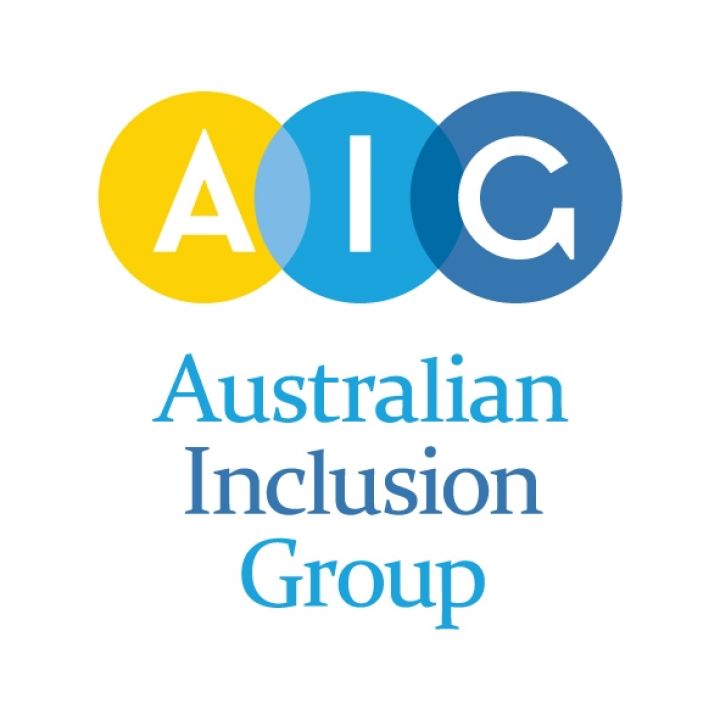Inclusion Solutions is a not-for-profit organisation based in Western Australia. It aims to develop social connection within communities, and create family-friendly sporting clubs with strong social values. It is community-based, with the intention to build capacity in local clubs so they are empowered with the tools, skills and knowledge for development into the future. Inclusion Solutions’ General Manager Denver D’Cruz spoke with Inclusive Australia over Zoom to discuss the company’s goals, its focus on social cohesion, and what the organisation looks like before, during and after the COVID-19 pandemic.
Prior to the pandemic, what did Inclusion Solutions look like?
In business-as-usual, work days at Inclusion Solutions are incredibly diverse. Any given day can see meetings with politicians followed by visits to regional areas, or conducting social inclusion forums with dance clubs and dragon boat clubs, for example. Their 8 full-time staff members and 5 casual or part-time workers ran 110 workshops last year on social inclusion, while working with 60 local governments and 650 sporting clubs on an ongoing basis.
Inclusion Solutions exists within the sports recreation and community sector, and their fantastic work with local cricket clubs in particular has gained national attention. They are aligned with Cricket Australia to drive inclusion at grassroot clubs across the country, and recently have undertaken an exciting partnership with Manchester United to do the same with local Australian soccer clubs. Their focus in this capacity is to mentor club leaders and provide them with skills for ‘big picture’ goal-setting, as well as creating support networks which have long-lasting benefits for the broader community.
How has the organisation adapted to a world of coronavirus?
More than anything, Denver highlights the important role that technology has played in enabling the Inclusion Solutions team to pivot and continue delivering meaningful outcomes during the pandemic. Initially, he says this was difficult, because the nature of community mentoring usually necessitates face-to-face meetings and workshops. Zoom and Microsoft Teams have been an invaluable resource for keeping in touch with staff and clients. There has been a shift towards the development of resources for clubs for use into the future, rather than the usual in-person projects.
While the delivery of their services has changed, the mindset has not. More than ever, the Inclusion Solutions team is “centred around human connection” and fostering its relationship with community clubs and sponsors, says Denver. Internally, the first week was difficult; the team is tight-knit and co-dependent, and relies on each other to soundboard ideas. With social distancing, they missed the office banter and community that comes with working in a small team. The creation of ‘accountability boards’ has helped them cope with isolation, and allows them to check in daily on each other’s physical and mental health. Denver praises the team’s diverse and flexible nature, which saw them embrace technology, maintain solidarity through humour, and prioritise wellbeing as they transitioned to their new normal.
What are the impacts of the pandemic on Inclusion Solutions and the broader community, moving forward?
Throughout what has been a difficult time in isolation, Denver has been heartened to see communities come together using the technological tools at our fingertips. He thinks the term ‘social distancing’ is inapt, due to the countless opportunities we have to continue fostering social contact while physically distancing. An incredible example of this innovation is the development of a virtual choir in Perth community Mirrabooka, which has weekly Zoom rehearsals and is inclusive of singers from all backgrounds and abilities.
As it strips humanity back to its core, this pandemic has placed more importance on neighbourly connections and meaningful conversations. This “big picture” focus has shown people that we’re all the same at heart when work and indulgences are taken away, says Denver. It has also created a society that is – for now, at least – refreshingly less goal-oriented than ever before.
In a business sense, Denver foresees the pandemic as helping the cause of Inclusion Solutions. He suggests that this shared human experience of forced isolation will help educate people from privileged backgrounds on the plight of marginalised minority communities, and articulate the importance of social connection for community wellbeing.
Into the future, Inclusion Solutions is enthusiastic about increased collaboration between organisations to achieve mutual improvements and goals. There is the prospect of greater workplace flexibility to look forward to, in terms of working from home and reaching for the perfect work-life balance. In particular, Denver hopes for governments to prioritise humanity over economy in moving forward from this pandemic, and is excited by the potential benefits for the not-for-profit sector.
Inclusion Solutions is currently working on several projects which coincide with their aim to create strong and cohesive communities where minorities are embedded and celebrated. If you’d like to find out more about what Denver and the Inclusion Solutions team are up to, click here to visit their website.


As an organisation, you have the power to reach large audiences and promote social inclusion through your people, your programs and your collaboration with others
Let us know!

